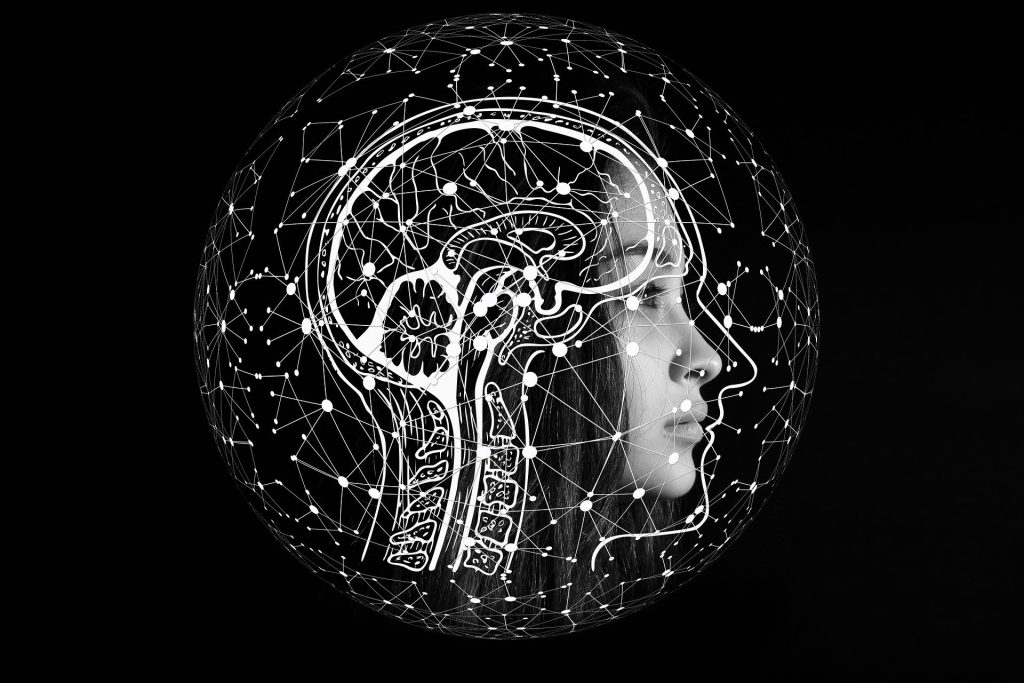Artificial Intelligence Can Now Detect Cancer
Researchers at MIT developed an Artificial Intelligence named Sybil that has the ability to accurately detect cancer in patients earlier than a CT scan can.
This article is more than 2 years old

Researchers using artificial intelligence have developed a brand new way of detecting early symptoms of cancer in patients. This new cancer screening process will be able to find the disease before doctors can diagnose it using a CT scan.
The artificial intelligence coined Sybil has been researched and developed by scientists at MIT and Mas. General Cancer Centre. The program is so accurate that, in one case study during its development, it could predict whether the patient in question would develop cancer soon accurately up to 94 percent.
The treatment that is currently available for high-risk patients involves yearly low-dose CT scans to monitor a specific area. But not everything can be spotted, even with annual monitoring and skilled radiologists looking at patients’ results. But this is where the new artificial intelligence screening test comes in.
Human eyesight cannot see everything, but this artificial intelligence will look at the scan differently than a human could. Using this new technology could be a massive development in the early detection of lung cancer, one of the most predominant cancers in America. So, any new technology that can be used for early detection is greatly needed to stop as many unnecessary deaths as possible.
While this new artificial intelligence has not been approved for use on patients just yet, if the Food and Drug Administration approves it, it could be highly beneficial to many patients.
Sybil will not be the first artificial intelligence approved by the FDA, as more than 300 AI programs have been authorized to be used in various disciplines, including radiology. A high percentage of these programs are used in conjunction with doctors to help diagnose and treat cancer.
But the new artificial intelligence program can predict a patient’s cancer risk by analyzing various areas where they are susceptible to cancer. Doctors then can take a closer look and closely monitor the specified location. The earlier all cancer is detected, the easier it is to treat, and it gives patients the best chance of survival.
It analyses a three-dimensional CT scan to predict when cancer may pop up. During its analysis, it looks for early signs of abnormal growth and other patterns that researchers do not fully understand at the moment. In some cases, this artificial intelligence tool predicted signs of cancer years before doctors could confirm it by visible cancerous nodules.
In the future, it will help radiologists make the correct treatment decisions for their patients, making cancer treatment more effective overall. The future of cancer treatment will be AI-assisted, with radiologists and artificial intelligence working hand-in-hand to predict cancer, identify its location and what the best treatment is for the patient.
Some people worry about overdiagnosis in patients as people may be put through an unnecessary and uncomfortable biopsy just for something that ends up benign. Many patients would rather be overly cautious than be diagnosed too late.
This is an excellent way artificial intelligence can be implemented successfully into our modern lives and help in the battle doctors, and scientists have with cancer and other deadly diseases.



